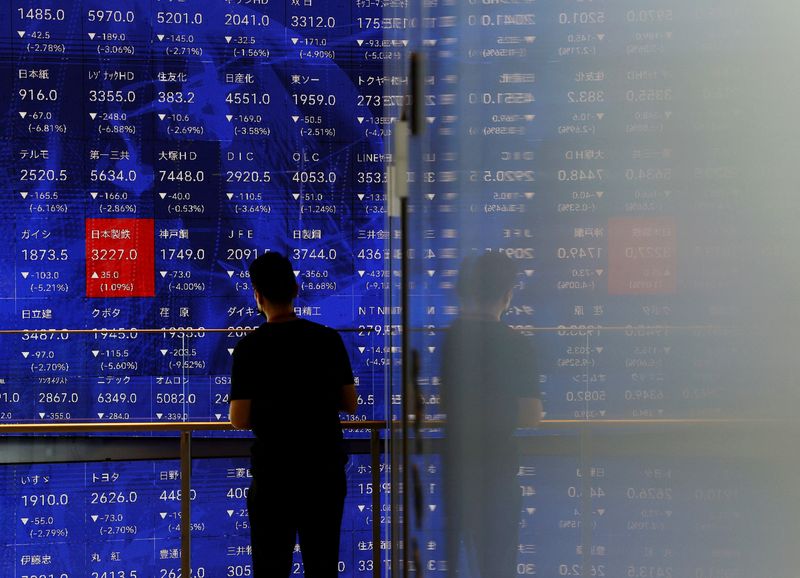(Reuters) - Asian debt markets saw foreign outflows in December, for the second month in a row, reversing strong demand from earlier in 2024 on anticipated higher U.S. tariffs under President-elect Donald Trump, slower easing by the Federal Reserve, and reduced regional growth expectations.
Cross-border investors sold a net $3.07 billion worth of bonds in Indonesia, Thailand, Malaysia, India and South Korea last month after about $2.12 billion worth of net selling in Nov, data from regulatory authorities and bond market associations showed.
Regional bond markets saw robust demand in the first three quarters of last year, attracting a hefty $36.88 billion in foreign inflows, the highest in three years, but faced fourth-quarter outflows of $3.53 billion because of macroeconomic uncertainties.
"We expect market volatility to rise in 2025 as tariff plans (by the incoming Trump administration) become clearer after the inauguration later this month. This will no doubt influence portfolio outflows from the region," said Khoon Goh, head of Asia research at ANZ.
"Asia-ex China’s domestic growth challenges are also mounting and will, in turn, affect portfolio flows."
Trump is set to take office on Monday.
December's Manufacturing Purchasing Managers' Indexes from Asia, including China and South Korea, indicated a slowdown in factory activity due to heightened trade risks from a second Trump presidency and China's unstable economic recovery.
Foreign investors pulled $2.38 billion from South Korean bonds last month, ending a four-month buying streak amid political unrest following President Yoon Suk Yeol's martial law declaration and impeachment.

Indonesian bonds saw net outflows of $1 billion, for a second month of foreign withdrawals in eight months, while Malaysian bonds experienced $310 million in net sales by foreign investors.
On the other hand, Indian and Thai bond markets attracted foreign inflows of $445 million and $172 million, respectively, last month.

